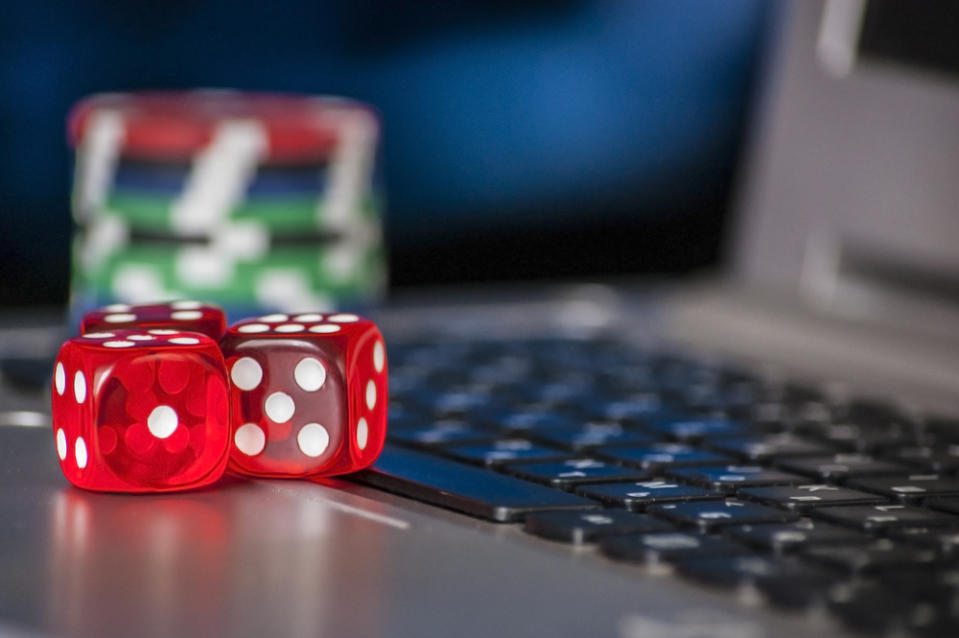How Blockchain Can Help Restore Trust in Online Gambling

Blockchain-based technology has transformed a large piece of the once cloudy online gambling industry into a much clearer environment.
Blockchain has introduced a kind of transparency previously unheard of in this business. It has enabled faster, more secure transactions between players and the platform. Most importantly, blockchain has become an effective remedy for the inherent mistrust of online gambling.
This technology has also allowed players to see a gambling project’s ledger guaranteeing the project has enough funds to cover wins. With decentralized gambling-related financial transactions, the industry has gained trust and attracted more players.
However, slim options have continued for those who prefer the adrenaline rush of roulette. For a fair game, you either have to go to a brick-and-mortar or gambling establishment or go home.
Online roulette’s inherent problem is its algorithm. Specifically, what should have been a relatively simple random number generator has morphed into a complicated tool designed to maximize a gambling project’s profits. When rigged, the wheel generated the winning number based on the number of bets. Its calculations were slightly slanted to make “high rollers” lose more often than those who bet small amounts.
A random number, the essence of the game itself, was no longer an assured option. Data on bets, players, and gaming patterns ultimately decided where the ball landed. Those who spent a few bucks simply left the platform. Governments quickly seized this opportunity to ban online gambling. The secretive, centralized version of the “random” algorithm became a dealbreaker.

Roulette lovers flocked to brick and mortar casinos where regulation tables guaranteed a fair game, without manipulated results based on the player’s betting habits and the amount of money at stake. It was about trust and the adrenaline of pure chance which online roulette seemed unable to provide. The cost was high. For online Roulette, an estimated $500 million market, became lost profit.
B&M Casinos and Roulette
In brick-and-mortar casinos, a fair game is guaranteed by regulations, law enforcement, extreme levels of surveillance, and physical security. The solution to the trust issues between players and gambling projects lives within a system having public regulations and enforcement.
At its peak, online roulette was comprising nearly 20% of the online gaming market. Judging by the persistent popularity of the game in B&M casinos, the unique mixture of fun and passion and the chance for a sizable win made it in high demand. The barrier between gaming-operators and online roulette players arose from the fear of manipulative outcomes.
It seemed like a dead end. Players demanded guarantees bets on the table weren’t going to affect the outcome of the game. Any solution proposed by gambling projects easily hit centralized and controlled walls. A radical change in the way people played roulette had to happen, and it arrived as blockchain roulette.
A Decentralized Change
In the current crypto market, there are many blockchain firms working on casino solutions. For example, Trueplay is developing a decentralized platform for online gambling redefining the idea of fair, transparent, and secure in gambling not just in terms of transactions, but in terms of the games themselves. Another industry example is Bettium project which is developing a decentralized blockchain analytical platform for peer-to-peer betting offering artificial intelligence, big data analytical tools, and algorithmic capabilities. Just imagine online casino which is assembled on blockchain and AI technology. This is a new era of gambling.
The industry has long needed roulette to be truly random. Finally, the decentralized hash and decentralized ledger could now be a basic feature in a trustworthy system that levels the playing field between high spenders and low spenders. This would be a guarantee for the game’s fairness to win their clients back.
Nowadays blockchain might well be able to break the trust barrier and bring the players back to the roulette table. In the next five years, we may see the online gambling industry’s market cap greatly increase.
Featured image from Shutterstock.
The post How Blockchain Can Help Restore Trust in Online Gambling appeared first on CCN.

 Yahoo Finance
Yahoo Finance 
